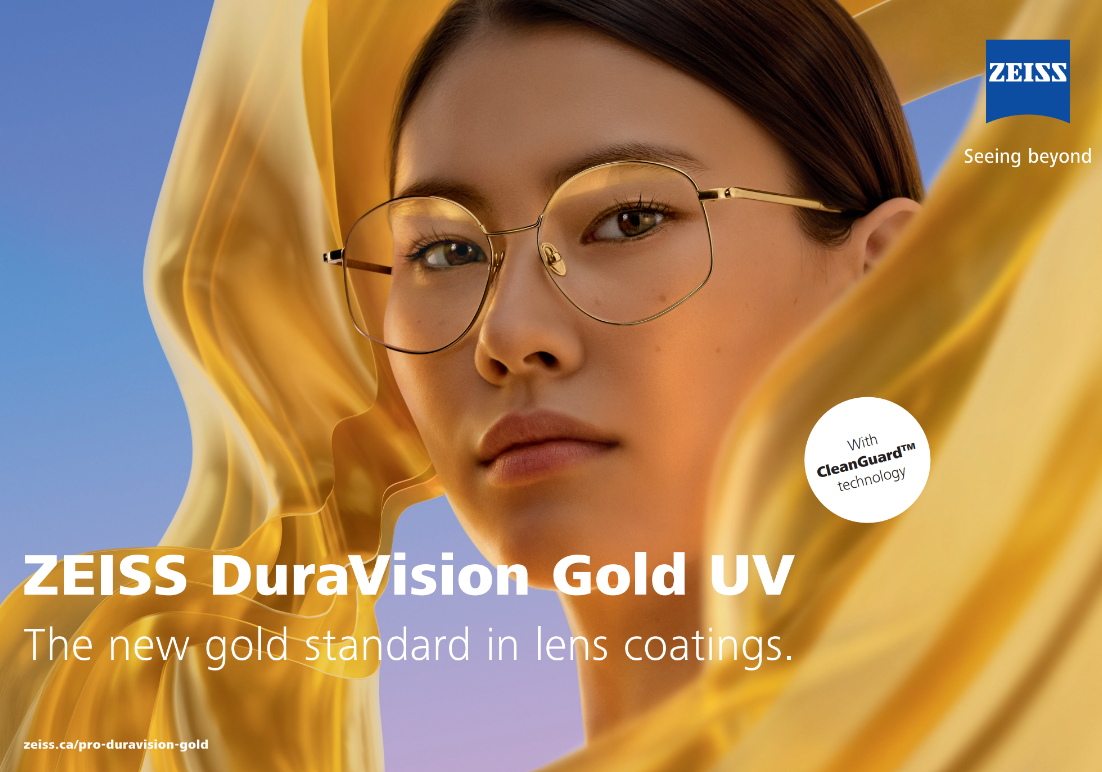New Research on Omega 3 for Eye Health
By now almost everyone has heard about the health benefits of having enough omega 3s in their diet. Among the cardiovascular and other health benefits, omega 3 supplements (generally found from various fish oil sources) also have an effect on the prevention of eye disease. If you have been in for an eye exam recently at Mountain View Optometry, you will likely have received advice from one of our eye doctors on the advantages of omega 3s to help prevent macular degeneration and cataracts, as well as dry eyes and eyelid inflammation.
Two of the more difficult questions to answer – which omega 3 is most effective, and, are they all safe to use? There are hundreds of different choices that are readily available from a variety of sources, making it potentially very confusing to the consumer to try and pick the best one. New research is finding that several factors may result in better absorption (98% vs. 20%), and fewer risks associated with impurities and contaminants. A recent episode on “Good Morning America” discussed the public health risk involved with contaminants found in certain over-the-counter fish oil products.
Here are some things to look for when choosing an omega 3 supplement for you and your family:
Molecular distillation is a process used to remove contaminants such as PCBs from omega 3 supplements before being made available for human consumption. Look for a label on the product such as “triple molecular distillation” to indicate this important step has been taken.
Type of fish used . The deep Pacific waters off the coast of South America provide the best quality and most sustainable fish resource – wild caught, non-threatened anchovies, sardines and mackerel. Many commercially available omega 3s claim to use fish from Norway – be careful of these as they usually contain oils from farm-raised salmon (instead of wild caught), increasing the risk of contaminants and greatly reducing the available levels of omega 3.
Triglyceride is superior . Ethyl alcohol is used during the omega 3 refinement process to generate higher concentrations of DHA/EPA, the “working ingredients” in omega 3 fish oils. A process called trans-esterification must take place in order to convert the ethyl alcohol form back to the more natural triglyceride form. This results in an increased purity level and better absorption. In fact, studies are showing that a high quality triglyceride omega 3 will be absorbed up to 5X greater than the ethanol version! Unfortunately, most over-the-counter omega 3 products skip this extra step to save cost, thereby greatly reducing the quality of the final product.
Smell and taste . A good quality omega 3 supplement should actually not smell OR taste fishy! It will also not produce any unpleasant “burp back” aftertaste.
Let us know if you have any questions about this information at your next visit with our optometrists. If you are currently taking an omega 3 supplement, bring it into the office. We will be happy to advise you if it meets the latest guidelines for health, safety and quality and recommend an alternative if appropriate.
(Source: “How to pick a good omega 3 fish oil”, Michael P. Lange, OD, CNS, May 23, 2010)












